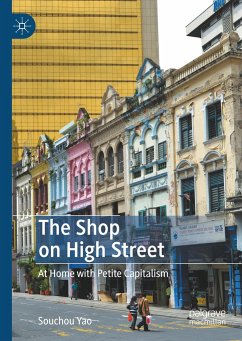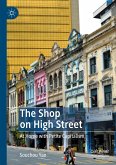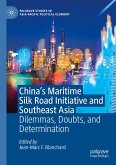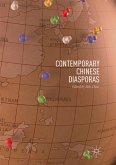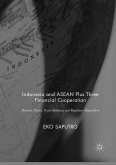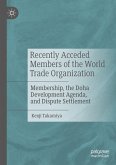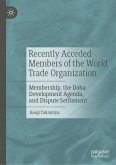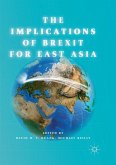This book tells the story of a Chinese family owned shophouse in Kuala Lumpur, Malaysia, through the lens of petite capitalism. Neo-Marxist in spirit, literary in tone, it recounts the triumph and despair of a family in its struggles against the financial frailty and structural limitations of a pervasive economic form of the Chinese diaspora: the small family business.
The daily realities of the Chinese shophouse are captured by the art of ethnography and the author's own memories. The book examines Chinese petite capitalism afresh by bringing into focus issues not usually covered by writers on the subject-the concept of petite capitalism, the architecture of the Asian shophouse, the Hakka kinship, 'tiger parenting' and Chinese childrearing, the culture of debt, family legacy, and Chinese inheritance.
The book reveals the business acumen for which the Chinese diaspora are renowned as part truth and part myth. Schumpeter's 'creative destruction' hauntsthe small Chinese family business where hard work and individual efforts are helpless against the ever-evolving nature of capitalism.
The daily realities of the Chinese shophouse are captured by the art of ethnography and the author's own memories. The book examines Chinese petite capitalism afresh by bringing into focus issues not usually covered by writers on the subject-the concept of petite capitalism, the architecture of the Asian shophouse, the Hakka kinship, 'tiger parenting' and Chinese childrearing, the culture of debt, family legacy, and Chinese inheritance.
The book reveals the business acumen for which the Chinese diaspora are renowned as part truth and part myth. Schumpeter's 'creative destruction' hauntsthe small Chinese family business where hard work and individual efforts are helpless against the ever-evolving nature of capitalism.
"In the field of Overseas Chinese Studies, it is rare to have such a personal but theoretically informed account that sheds light on both the intimate life of family dynamics and the public life of nation-building. This in-depth case study of one stophouse owned by a Malaysian Hakka Chinese family could breathe new life in this sub-field of specialization by legitimizing similar autoethnographic studies." (Jayde Lin Roberts, SOJOURN - Journal of Social Issues in Southeast Asia, Vol. 37 (3), November 2022)

